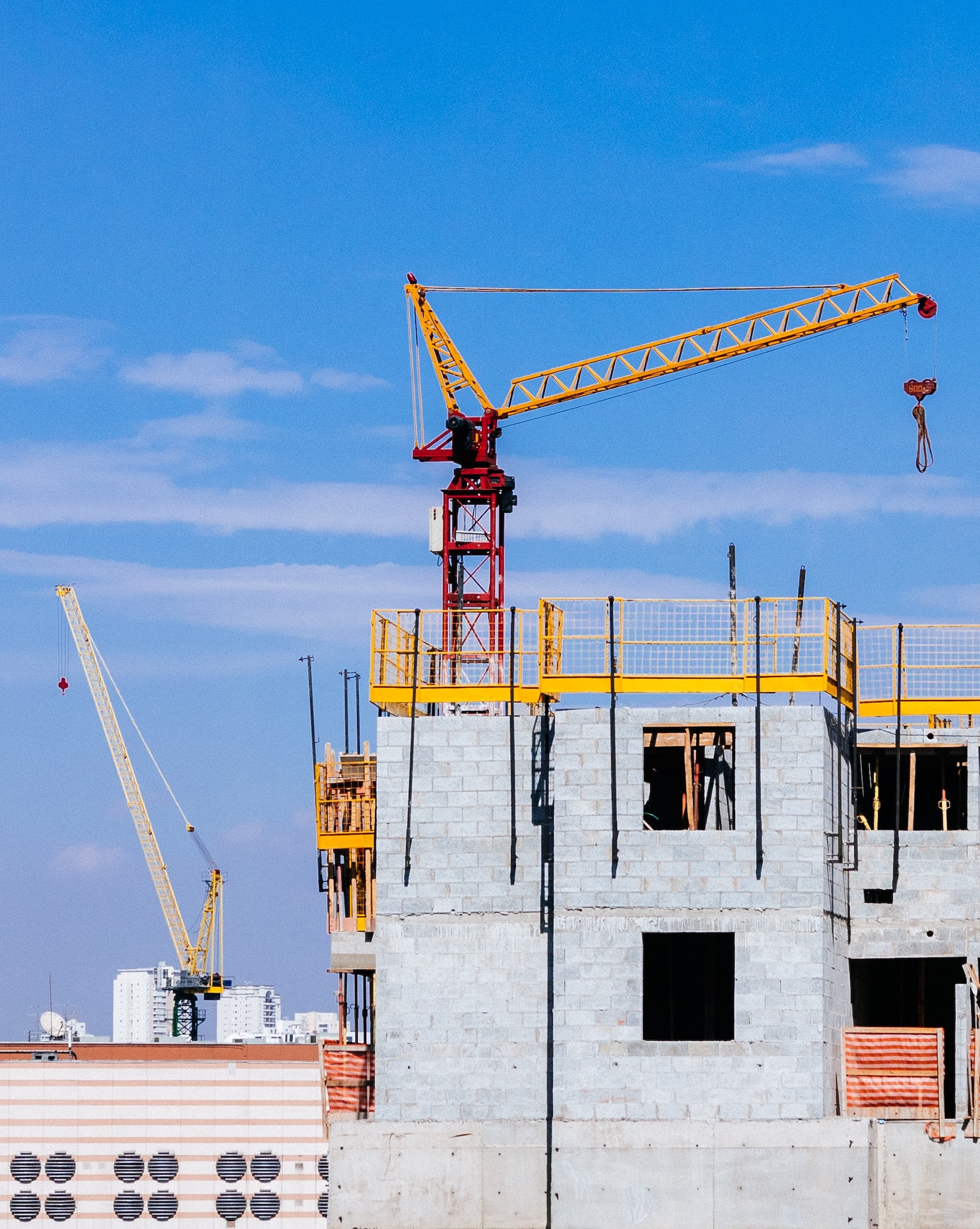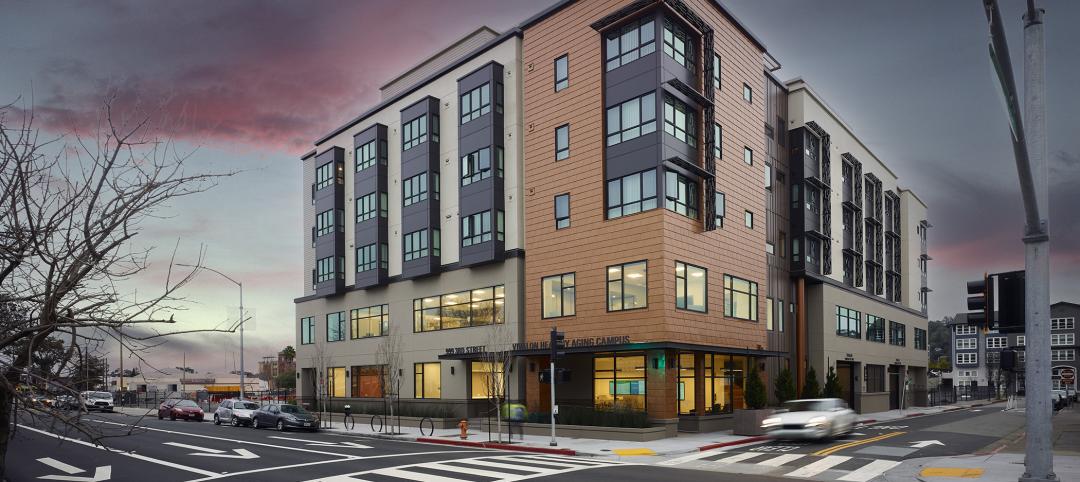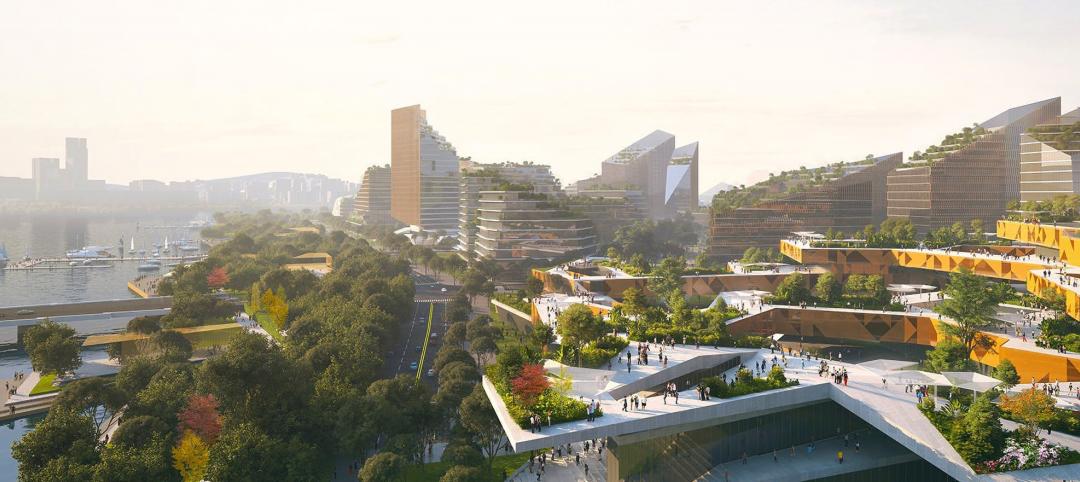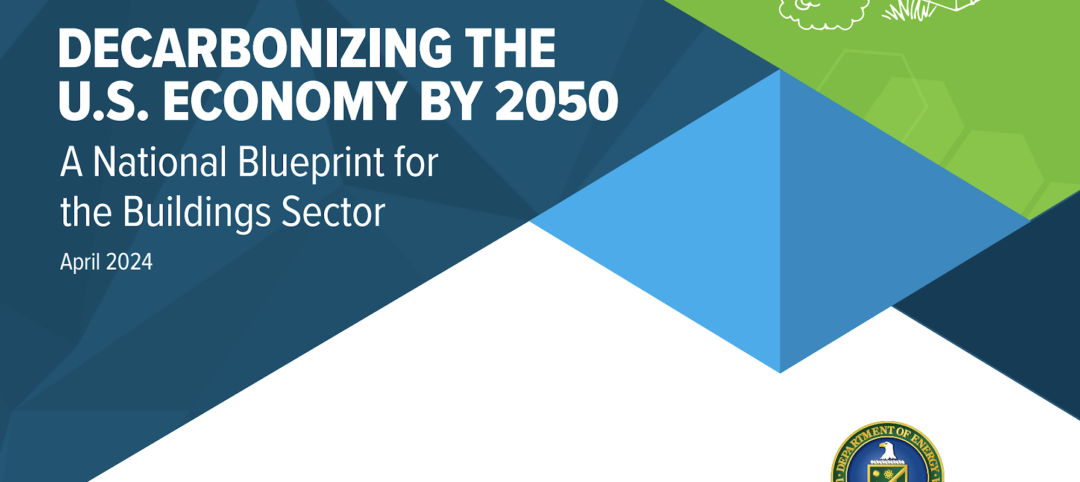California regulators voted unanimously recently on a series of measures that include a ban on the sale of natural gas-powered heating and hot water systems beginning in 2030.
If the decision goes forward, it would be the first time a state has banned fossil fuel heaters for existing buildings as well as for new construction. The California Air Resources Board (CARB), the agency that oversees the state’s climate targets and regulates pollution, passed the measure as part of a larger plan to cut greenhouse gas emissions and comply with federal air quality targets.
The ban is not a done deal, however, according to a CARB spokesperson. “The commitment the Board made in approving the State SIP (State Implementation Plan) Strategy was for California Air Resources Board staff to pursue each measure in the document and take it to the Board for consideration,” says Melanie J. Turner, CARB information officer. “CARB will need to hold workshops and look at the issues related to the space and water heater measure. If the concept is not feasible, CARB staff will present the information to the Board who could determine they will not pursue it.”
If the ban on fossil fuel heating does go into effect, homeowners in California would only be able to buy zero-emission furnaces or hot-water heaters. Regulators expect this would prompt a switch to heat pumps and heat pump water heaters.
The use of fossil fuels in homes accounts for about 10% of U.S. carbon emissions. Since 2019, several cities and states have either enacted fossil fuel hookup bans for new buildings or have considered such bans. California is the first jurisdiction to extend such bans to existing buildings.
A switch to heat pumps, a more efficient cooling appliance than commonly used air conditioning units, could cut peak energy demand during heat waves, reducing the risk of brownouts and blackouts. To help residents make the transition to heat pumps, California’s most recent budget includes $1.4 billion to decarbonize buildings. Most of that funding is targeted for low-income families.
Related Stories
Senior Living Design | May 16, 2024
Healthy senior living campus ‘redefines the experience of aging’
MBH Architects, in collaboration with Eden Housing and Van Meter Williams Pollack LLP, announces the completion of Vivalon’s Healthy Aging Campus, a forward-looking project designed to redefine the experience of aging in Marin County.
Sustainability | May 10, 2024
Perkins&Will’s first ESG report discloses operational performance data across key metrics
Perkins&Will recently released its first ESG report that discloses the firm’s operational performance data across key metrics and assesses its strengths and opportunities.
Sustainable Development | May 10, 2024
Nature as the city: Why it’s time for a new framework to guide development
NBBJ leaders Jonathan Ward and Margaret Montgomery explore five inspirational ideas they are actively integrating into projects to ensure more healthy, natural cities.
K-12 Schools | May 7, 2024
World's first K-12 school to achieve both LEED for Schools Platinum and WELL Platinum
A new K-12 school in Washington, D.C., is the first school in the world to achieve both LEED for Schools Platinum and WELL Platinum, according to its architect, Perkins Eastman. The John Lewis Elementary School is also the first school in the District of Columbia designed to achieve net-zero energy (NZE).
K-12 Schools | Apr 30, 2024
Fully electric Oregon elementary school aims for resilience with microgrid design
The River Grove Elementary School in Oregon was designed for net-zero carbon and resiliency to seismic events, storms, and wildfire. The roughly 82,000-sf school in a Portland suburb will feature a microgrid—a small-scale power grid that operates independently from the area’s electric grid.
75 Top Building Products | Apr 22, 2024
Enter today! BD+C's 75 Top Building Products for 2024
BD+C editors are now accepting submissions for the annual 75 Top Building Products awards. The winners will be featured in the November/December 2024 issue of Building Design+Construction.
Codes and Standards | Apr 12, 2024
ICC eliminates building electrification provisions from 2024 update
The International Code Council stripped out provisions from the 2024 update to the International Energy Conservation Code (IECC) that would have included beefed up circuitry for hooking up electric appliances and car chargers.
Codes and Standards | Apr 8, 2024
First federal blueprint to decarbonize U.S. buildings sector released
The Biden Administration recently released “Decarbonizing the U.S. Economy by 2050: A National Blueprint for the Buildings Sector,” a comprehensive plan to reduce greenhouse-gas (GHG) emissions from buildings by 65% by 2035 and 90% by 2050.
Green | Apr 8, 2024
LEED v5 released for public comment
The U.S. Green Building Council (USGBC) has opened the first public comment period for the first draft of LEED v5. The new version of the LEED green building rating system will drive deep decarbonization, quality of life improvements, and ecological conservation and restoration, USGBC says.
Codes and Standards | Apr 8, 2024
Boston’s plans to hold back rising seawater stall amid real estate slowdown
Boston has placed significant aspects of its plan to protect the city from rising sea levels on the actions of private developers. Amid a post-Covid commercial development slump, though, efforts to build protective infrastructure have stalled.

















